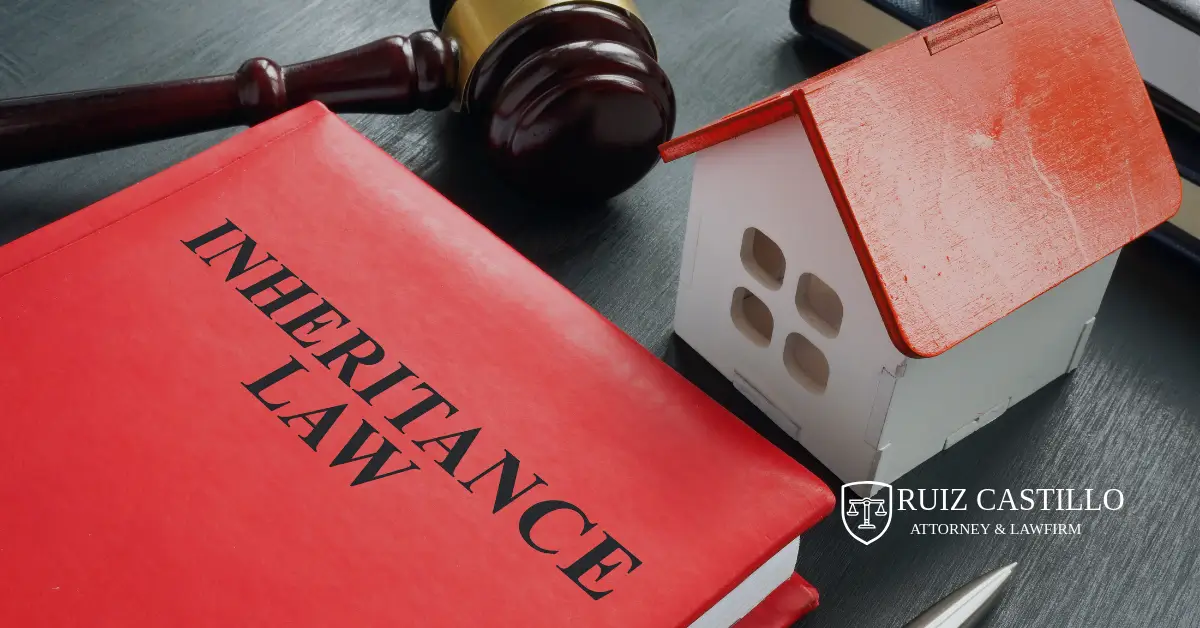
Renting out your property in Spain can be a profitable endeavor, whether you’re offering short-term holiday rentals or long-term tenancies. However, it is essential to understand the legal obligations and tax implications involved to avoid penalties and ensure compliance with Spanish regulations. This guide will help you navigate the legal and tax requirements, providing you […]
Happy clients
Experience
Masters degrees
Renting out your property in Spain can be a profitable endeavor, whether you’re offering short-term holiday rentals or long-term tenancies. However, it is essential to understand the legal obligations and tax implications involved to avoid penalties and ensure compliance with Spanish regulations. This guide will help you navigate the legal and tax requirements, providing you with the necessary information to rent out your property successfully.
Read my in-depth article about buying and owning property in Spain as a foreigner.
If you need expert legal advice or assistance with your property’s tax matters, do not hesitate to contact me, José María Ruiz Castillo, directly. I specialize in Spanish property law and tax issues and offer personalized guidance to ensure that you comply with all legal requirements while optimizing your property’s profitability.
Before renting out your property, it is crucial to understand the legal requirements, which differ depending on whether you’re offering short-term holiday rentals or long-term leases. Additionally, regional regulations can vary, so make sure to consult local laws specific to your property’s location.
Short-term rentals, especially those targeting tourists via platforms like Airbnb, are subject to specific regulations in Spain. Most regions require a tourist license before you can legally offer your property for short-term stays. These regulations differ from region to region, and it is essential to stay up-to-date with the latest requirements.
For instance, the Valencian Community enacted Decree-Law 9/2024, which tightened the regulations for holiday rentals, including new penalties for non-compliance. Similarly, in Andalusia, updated laws effective from August 2024 mandate that all short-term rental properties be registered with the regional tourism board. Barcelona has even stricter rules, aimed at protecting local housing availability, limiting the number of tourist rentals.
Operating without a proper tourist license can result in significant fines and the suspension of your rental activities. Therefore, it’s crucial to obtain the necessary permits before offering short-term rentals. I can help you secure the appropriate tourist license and navigate the local regulations to ensure full compliance.
If you’re planning to rent out your property for longer periods, generally six months or more, a formal tenancy agreement is required. Spain’s Urban Leasing Law (LAU) governs long-term rental agreements and offers protections for both landlords and tenants.
Recent updates to the law confirm that the minimum lease duration for long-term rentals is five years for private landlords and seven years if the landlord is a company. A well-drafted tenancy agreement should clearly outline essential terms such as the rental price, contract duration, security deposit, and renewal or termination conditions.
Having a legally sound tenancy agreement is crucial to protect your interests and ensure compliance with the LAU. I can assist you in drafting or reviewing your long-term rental contracts to ensure that they are in line with Spanish law and adequately safeguard your rights.
Understanding the tax implications of renting out your property in Spain is key to staying compliant with the law and maximizing your rental income. Both residents and non-residents who earn rental income from property in Spain are required to declare their earnings and pay the relevant taxes.
Read my in-depth article about the Spanish property taxes and what homeowners need to know.
As a landlord, you are required to declare all rental income on your annual tax return. For residents, rental income is taxed under the Personal Income Tax (IRPF). You can apply for deductions on property-related expenses, such as maintenance costs, mortgage interest, and insurance premiums, as long as these costs directly relate to renting out the property.
For non-residents, the process is slightly different. Non-residents must declare rental income earned in Spain and are subject to Non-Resident Income Tax (NRIT). While deductions for expenses are limited for non-residents, EU/EEA citizens may be eligible for the same deductions as Spanish residents.
Navigating rental income taxes can be challenging, especially if you want to make use of the available deductions. I can assist with calculating your taxes, ensuring that you declare your income correctly while taking advantage of any deductions you may be entitled to.
If you’re a non-resident renting out a property in Spain, you are required to file the Modelo 210 tax form to declare your rental income. This form must be submitted quarterly, with tax rates set at 19% for EU/EEA residents and 24% for non-EU residents.
The tax is based on your gross rental income, meaning non-residents are taxed on the total income earned from renting out the property, without deductions, unless they are from the EU/EEA. Filing deadlines must be strictly observed to avoid penalties, so it’s important to stay on top of these requirements.
If you’re unsure about how to file Modelo 210 or need assistance calculating your tax liability, I can help ensure that your tax returns are filed correctly and on time.
Renting out your Spanish property can be a highly profitable venture, but it comes with a set of legal and tax responsibilities that must be carefully managed. From obtaining the correct tourist licenses for short-term rentals to ensuring that your long-term tenancy agreements comply with the Urban Leasing Law (LAU), staying informed about the legal requirements is essential. Additionally, declaring your rental income correctly and filing the necessary Modelo 210 tax form as a non-resident will help you avoid penalties and optimize your earnings.
If you need help navigating the legal and tax aspects of renting out your property in Spain, contact me, José María Ruiz Castillo, for expert advice. With my extensive experience in Spanish property law and taxation, I can provide personalized assistance to ensure your rental operations are legally compliant and financially optimized.







